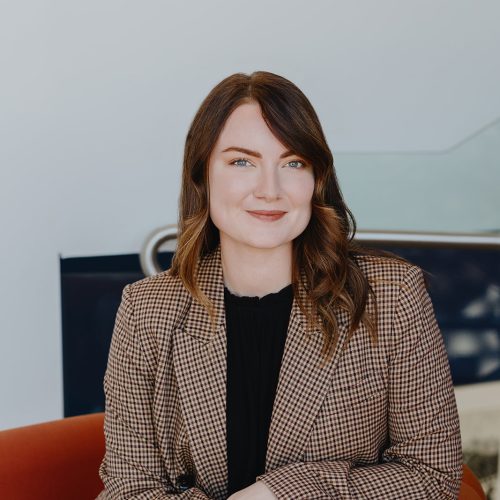Aim
The eCliPSE online portal aims to facilitate access to evidence-based online screening and eHealth treatments for people experiencing co-occurring mental health and substance use problems, and the clinical services supporting them. The development of the portal has involved engagement with service providers in mental health and AOD sectors to create a clinical pathway to care that supports end users to effectively use the eCliPSE resources.







